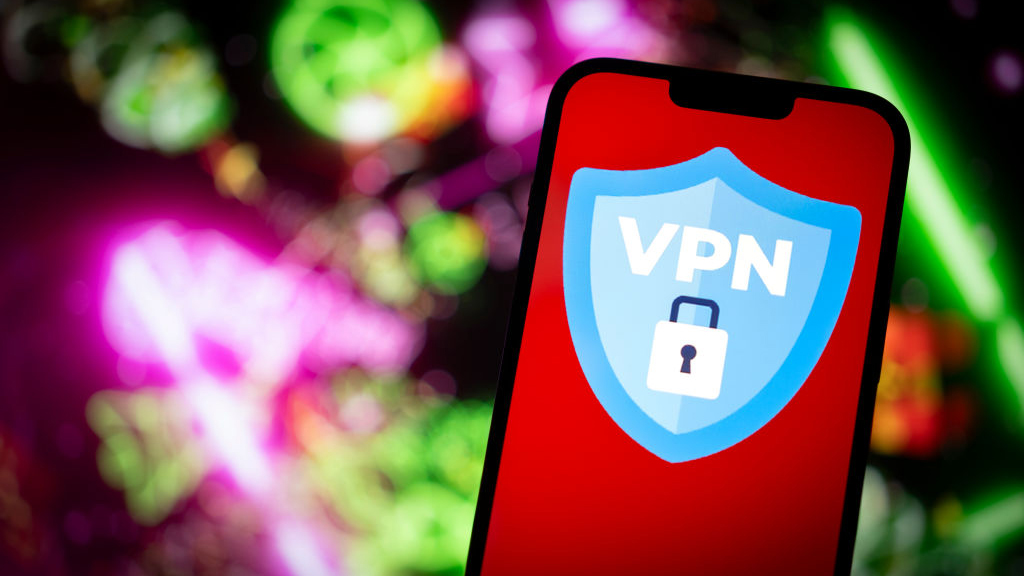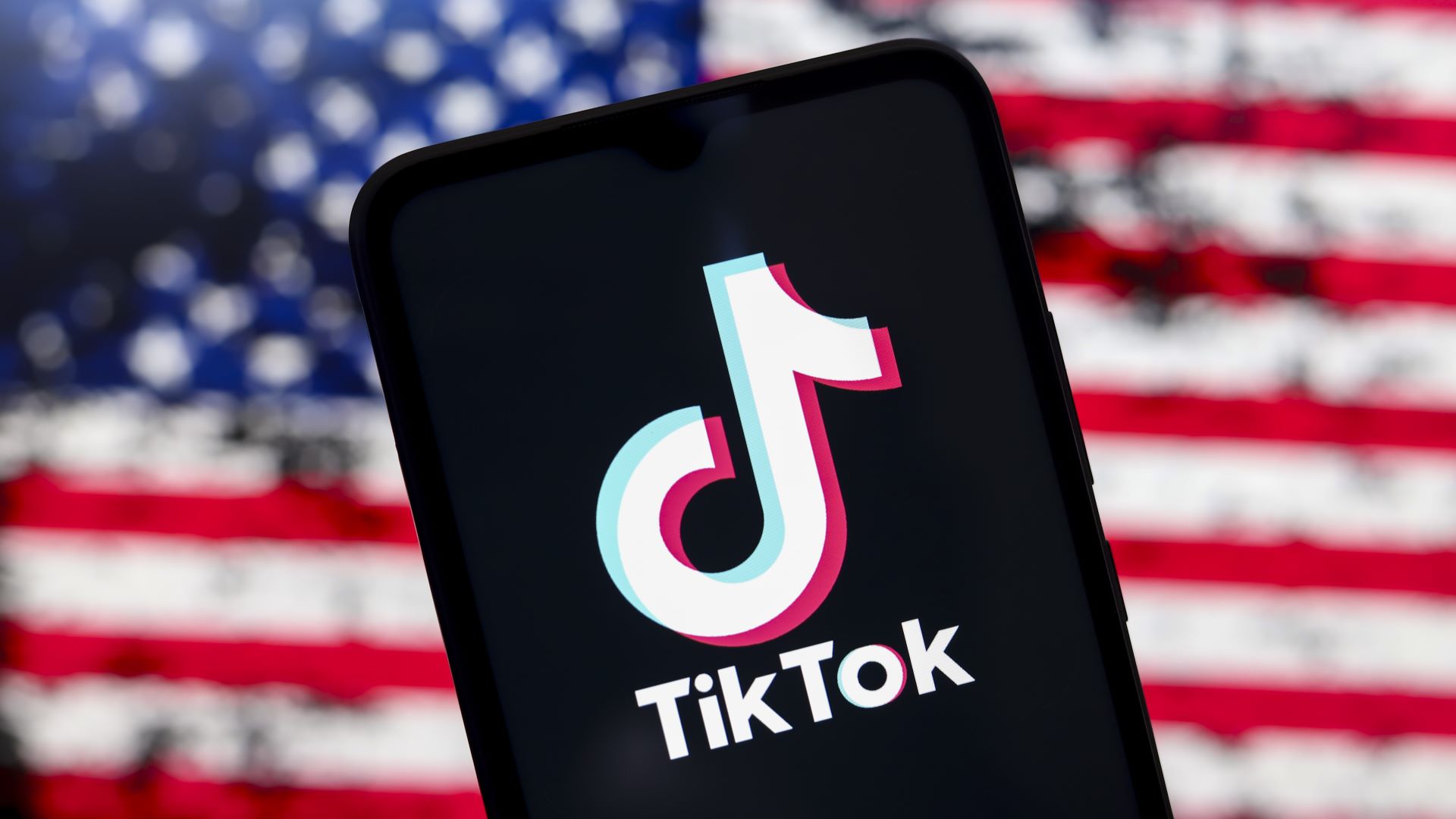
US age verification laws threaten people's data privacy and security – and not even the most secure VPN services are a solution.
This is the warning coming from experts at the Electronic Frontier Foundation (EFF), pointing out the risks of collecting more users' data to fulfill mandatory online age checks.
Florida citizens have been the last to turn en masse to the best VPN services to bypass new legislation requiring age verification to access adult content sites. Despite their privacy-enhancing technology, these tools "are not foolproof," the EFF explains, "nor should they be necessary to access legally protected speech."
More data, more dangers
In January 2025, Florida, South Carolina, and Tennessee joined 15 US States already enforcing age verification laws. Louisiana was the first to do so in 2023, alongside Utha, Texas, and Montana, among others. Seven States, including Kansas, Alabama, and Oklahoma, also joined this list in 2024. Georgia is also expected to enforce a similar law in July this year.
These laws come as an effort to regulate online content to protect children online. Florida's HB 3 rules, for example, include mandatory age checks to access adults and a ban on those under 14 from having a social media account.
To do so, these laws require online service providers to collect vast amounts of personal identifier data, such as government-issued identification. Companies could face penalties for failing to comply.
Privacy experts have long warned against the risks of getting rid of online anonymity. According to the EFF, these laws introduce "surveillance systems that threaten everyone’s rights to speech and privacy, and introduce more harm than they seek to combat."
While VPNs may be able to disguise the source of your internet activity, they are not foolproof—nor should they be necessary to access legally protected speech. https://t.co/rmZHsmDzZkJanuary 19, 2025
The more data collected, the higher the dangers of compromise. This is a risk that the popular adult site, PornHub, understood, deciding to block access to users based in the regions where intrusive age verification checks are in place.
"Any regulations that require hundreds of thousands of adult sites to collect significant amounts of highly sensitive personal information is putting user safety in jeopardy," said Aylo, Pornhub’s parent company, in a statement to local news, pointing out how easy it is for users to find ways of evading these laws.
On these premises, VPN usage spikes in Florida – reaching a peak of 1150% only four hours after the HB3 law came into effect, according to some statistics – aren't so surprising.

VPN usage also soared in the US on Sunday, January 19, 2025, reaching spikes of up to 1566% within minutes of the block against TikTok coming into force. While TikTok has now been restored in the country, VPNs weren't a one-click solution to bypass the blockage.
A virtual private network (VPN) not only encrypts your internet connection to prevent third-party access but also masks your real IP address location to make you appear like you're browsing from somewhere else entirely.
This is why streaming VPNs can help you access content unavailable in your region. However, Not even the most reputable VPNs come without limitations.
As the EFF experts explain, your IP address isn't the only method online services use to track down your location. They may also use GPS tracking, web cookies, mobile ad IDs, tracking pixels, or device fingerprinting.
Not only that, as age verification laws spread, experts predict that VPN apps will become less effective in circumventing these requirements as enforcement methods may improve.
All in all, the EFF said: "The ever-growing conglomeration of age verification laws poses significant challenges for users trying to maintain anonymity online, and have the potential to harm us all – including the young people they are designed to protect."







